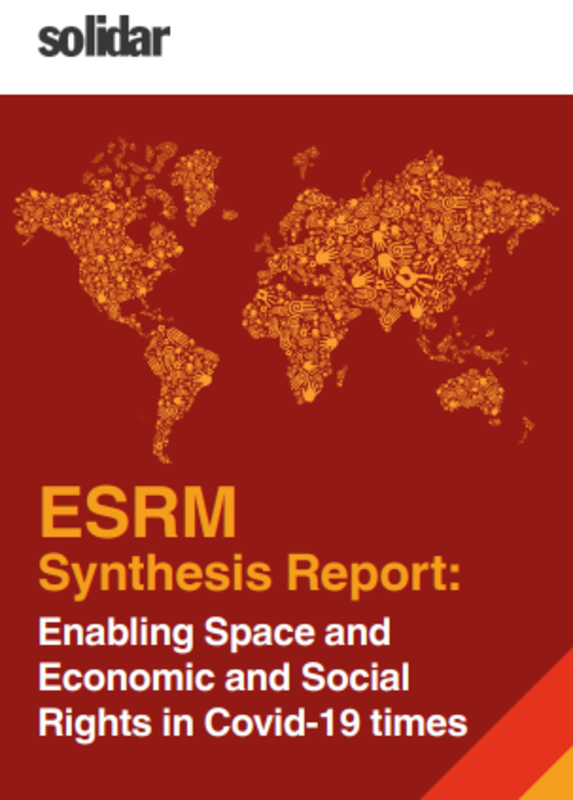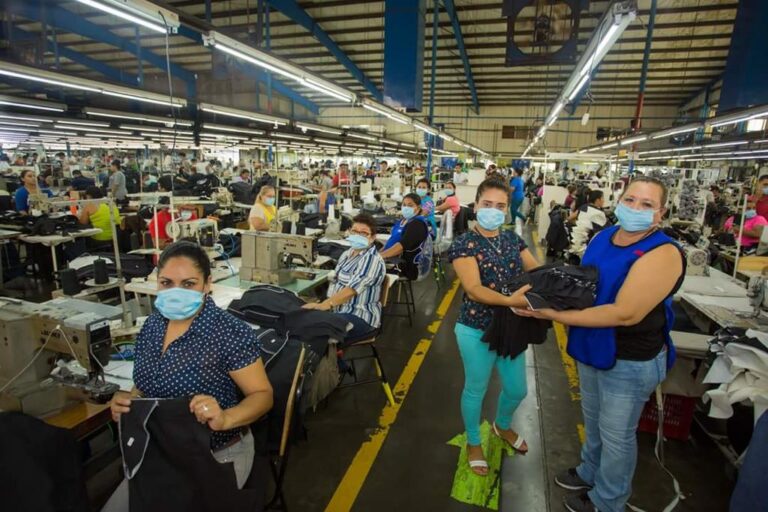International Workers´ Day – Central America’s maquilas workers: falling off the boat in the coronavirus storm?
With almost 25 million jobs predicted to be lost as a consequence of the COVID-19, it is clear that the pandemic is not a health crisis only, it is an economic and social crisis.
Among the sectors whose workers are being strongly affected is the garment maquilas (factories in the free trade zone) in Central America. About 400.000 people are working in the maquilas: mostly women, many of them poor, with low level of education, single mothers, head of their household.
On the veil of the International Workers Day on May 1st, SOLIDAR, together with its members that have a long standing presence in Central America*, wants to give a voice to these workers and to raise the European Union’s attention on the need for a stronger partnership with CSOs and Trade Unions to cope with the current crisis and, above all, to shape tomorrow’s global production and consumption model – based on the respect of human rights and planetary boundaries.
With its Briefing Paper “Maquila workers in Central America: Falling off the boat in the coronavirus storm?”, SOLIDAR pledges for the ‘Team Europe’ initiative to be directed, as indicated by Jutta Urpilainen, European Commissioner for International Partnerships, to:

“support partner countries in their efforts to counter the social and economic impact of the crisis […] and measures to support people’s incomes, provide them with some form of social protection, protect workers at the workplace, prevent discrimination and social exclusion, and safeguard human rights, especially where women, girls and the most vulnerable in society are concerned’.
This shall include efforts to:
- Regulate Global Value Chains and hold companies responsible for their workers in the whole global value chain;
- Ensure the respect for Fundamental Principles and Rights at Work including occupational health and safety;
- Promote an enabling space for Civil Society Organisations and Workers’ Trade Unions.
Particularly our members ISCOD, ACPP, FOS and ISCOS (last two co-authors of the publication).
Images credit: our member FOS NGO




